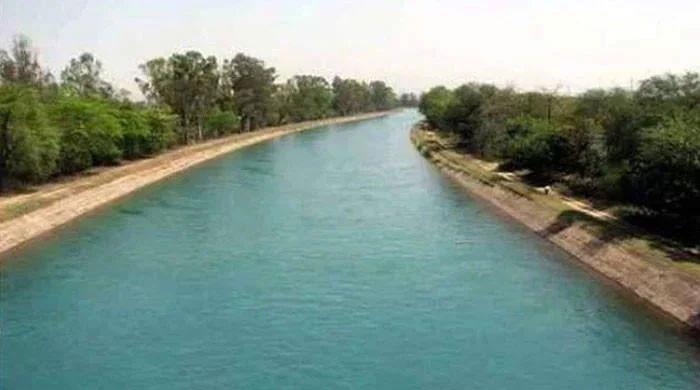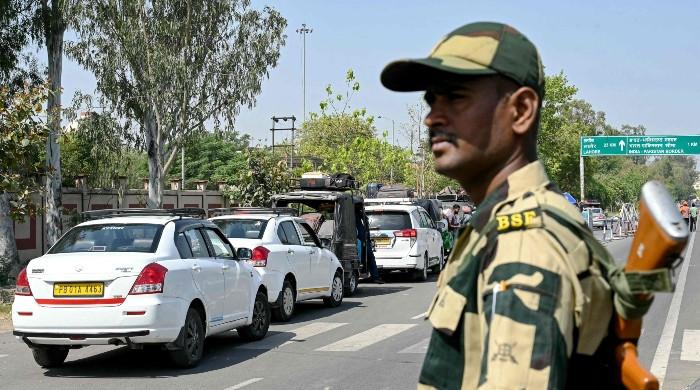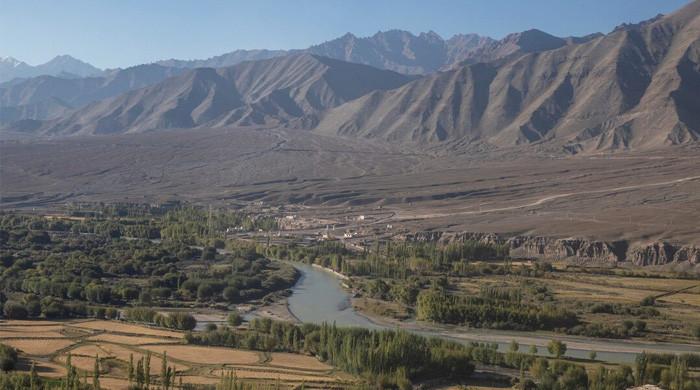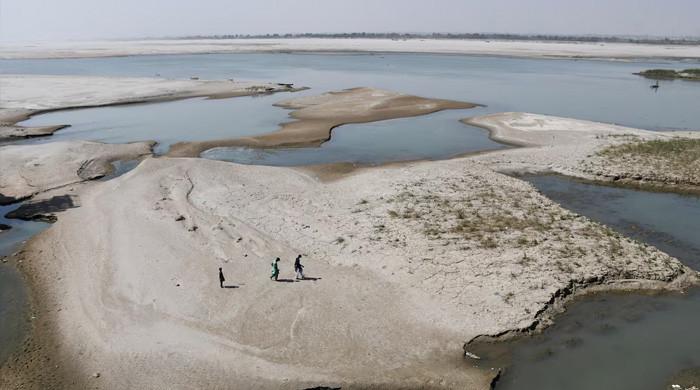After Jharkhand defeat, electoral hold of BJP shrinks to half of 2017 peak
External and internal consensus against BJP politics and style of governance may be brewing
December 24, 2019
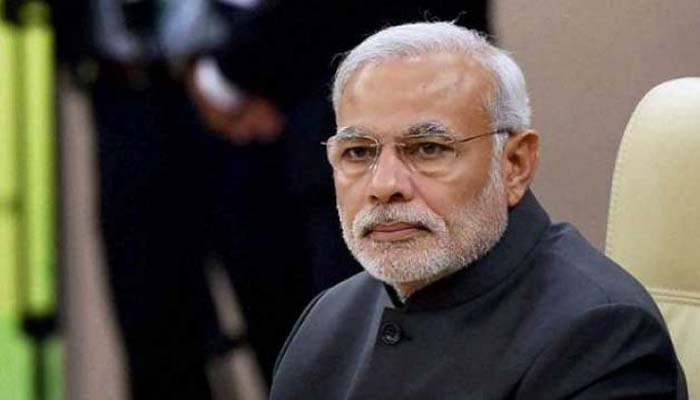
ISLAMABAD: In a sharp rebuke to the Hindutva driven politics of Bharatiya Janata Party (BJP) and an economic down-slide, BJP has suffered a heavy defeat in the 81-seat Jharkhand State elections, reducing its electoral hold over Indian territory to half of the peak level of 71 per cent in December 2017.
In the result announced yesterday, Opposition’s Congress and Jharkhand Mukti Morcha (JMM) alliance has secured a decisive victory with 47 seats. BJP was ruling Jharkhand after securing 37 seats in 2014 and now has slipped to only 25 seats.
BJP’s incumbent chief minister lost his seat as well. Only six months back, in general Lok Sabha elections, BJP won 11 out of 14 seats from Jharkhand.
Jharkhand is the fifth state in India which BJP has lost within a year, reducing its electoral footprint to half across India.
Failing policies
One of the major reasons for the BJP debacle in Jharkhand is the reaction to Hindutva based politics of BJP. Commenting on the Jharkhand polls, Congress President Sonia Gandhi said, “the people defeated the BJP's attempts to divide the society on caste and religious lines”.
Attacks on Muslims and Dalits in Jharkhand by cow vigilante groups and government’s failure to provide security has led to BJPs defeat. Over 20 deaths were reported in the last two years from Jharkhand by cow vigilante groups. Majority of these victims were Muslims, and the rest were Christian and Dalits.
Modi and his confidant Amit Shah both held elections rallies in Jharkhand, but to no avail. Both tried to impress upon the voters their Hindutva-RSS driven performance, which seems to have had the opposite impact.
Modi said at an election rally in Jharkhand that the recently passed Citizenship Act was “1,000 per cent the right decision”, while Amit Shah said we will carry National Registration of Citizens across India and vowed to build the Ram Temple at the demolished site of the Babri Mosque within four months. The reaction among the Muslim voters to these overtures and the unilateral annexation of Kashmir was very noticeable.
This is the second consecutive state election loss for BJP within months of the Lok Sabha general election victory. BJP won Haryana state polls in October with a reduced majority and settled for a coalition. Last month, BJP lost its bid to retain the post of chief minister in the state of Maharashtra. Maharashtra accounts for 15 per cent of Indian GDP and houses the financial capital of India.
A coalition of Shiv Sena, Congress and National Congress Party outwitted BJP through a coalition in Maharashtra after the state elections. Himself a product of state politics in Gujarat, Modi knows the impact of BJP's shrinking hold on a majority of India’s 28 states.
Other than the fixation with Hindutva/RSS ideology, Indian economy under BJP has now slipped to its lowest level of quarterly GDP growth since 2013. Indian GDP growth has dropped for seventh consecutive quarter now and industrial production contracted 4.3 per cent in September.
Congress leader Rahul Gandhi said last week that he even does not agree with the latest GDP growth rate of 4.5 per cent, saying its computed under false parameters and GDP growth is in fact half of this rate due to flawed economic policies.
Arvind Subramanian, the government’s former chief economic adviser, revealed in June that official GDP statistics probably overstated growth by 2.5 percentage points a year from 2011-12 to 2016-17. Different estimates show unemployment rates in India have hit a 45-year low.
Nobel award winning economist, Abhjit Banerjee, termed it a “crisis” recently, saying that Indians are poorer than they were in 2014. The fears of recession are looming for the first time since 1979 with a budget deficit nearing 8 per cent, plummeting investments and savings, and lower level of consumption.
After a good performance in Maharashtra and Jharkhand elections, the reaction to the Citizenship Act, poor economic performance of BJP, the Indian National Congress seems to be back in contention.
Rahul Gandhi, Sonia Gandhi and Priyanka Gandhi have all addressed election rallies in Jharkhand and huge rallies against Citizenship Act in the last few weeks.
Cracks in coalition
Some of the BJP allies have also distanced themselves from the Citizenship Amendment Act as well.
The hard line policies of the BJP have increased fault lines in India on political, economic and diplomatic fronts. There is a global backlash on India’s unilateral annexation of occupied Kashmir and continued restriction on basic human rights of eight million Kashmiris.
Around 30 people have so far died in the unrelenting protest by Muslims, civil society, and opposition parties against the citizenship law.
The next test for BJP is Delhi state elections due in February 2020, followed by Bihar, Assam and Bengal.
A lot of global powers give margin to BJP government due to potential of Indian economy. However, if the ruling party persists with its hardline politics leading to civil unrest and economic decline, there may soon be an external and internal consensus against the BJP politics and style of governance.




